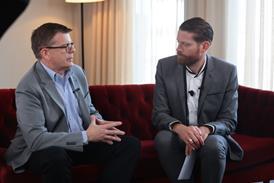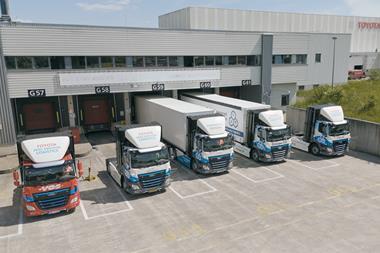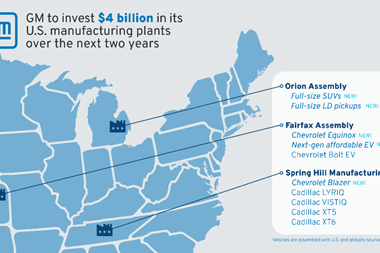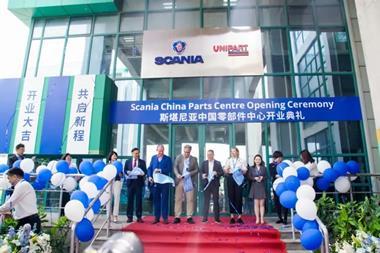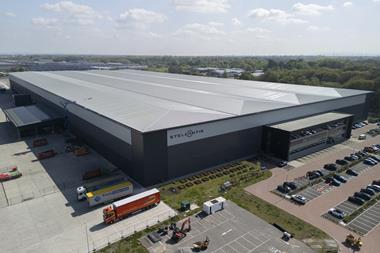
Commercial vehicle sales in Europe have fallen significantly in 2009, with the registrations of new vehicles contracting by more than 35% in January to 145,000 units, according to the European Automobile Manufacturers’ Association. The sales drop has led truckmakers to export and assemble vehicles outside their traditional markets, although the numbers will not be enough to compensate losses.
All major European truckmakers have had heavy decreases. Volvo Group saw its total truck deliveries in January decrease 54% in Europe, to less than 5,000 units. Andreas Renschler, head of Daimler's truck operations, said last week that the European truck market could shrink by around 30% in 2009 from the previous year.
The global market is showing virtually no region growth for commercial vehicles, except incrementally in parts of Asia or the Middle East. Scania has inaugurated a delivery centre in Taipei, Taiwan, for assembling and equipping complete vehicles for the local market. The company has said that the establishment of this centre is part of the Swedish truckmaker’s strategy to strengthen its position in important growth markets.
“Working with local suppliers will mean short lead and delivery times, providing a major advantage to Scania as it expands its operations in Taiwan,” it said in a statement.
The operations of the delivery centre will also include pre-delivery inspection service.
But the capacity will be tiny, producing only around 500 trucks and bus chassis per year. Nevertheless, the delivery centre is a sign that truckmakers are willing to set up CKD production (for which they pay lower import duties than shipping finished vehicles) to chase any growth, compared to the drastic falls occurring in most markets. Earlier this year, Scania also set up a delivery centre in Malaysia to deliver finished vehicles to Malaysia and Thailand.
Later this year, it plans to inaugurate a delivery centre in Dubai for the Middle East market. Last month, MAN opened a truck assembly plant in Jeddah, Saudi Arabia, with capacity to build 3,000 trucks per year by CKD, the kits of which are sent from MAN’s plant in Salzgitter, Austria.
While Scania has said it is considering a delivery centre for CKD in Russia, neither it nor MAN has made a definite decision to set up assembly operations there. MAN, for example, chose last year to export trucks for the Russian market from its plant in Poland, even as sales were increasing quickly. Volvo Trucks, on the other hand, inaugurated a new plant last month in Kaluga, with capacity for 15,000 trucks to be delivered to Russia and local CIS markets. Production at the start will be conservative, however, with engines, cabs and gearboxes shipped from Volvo’s Swedish factories. The Russian passenger and commercial vehicle market could contract this year by as much as 50%.






